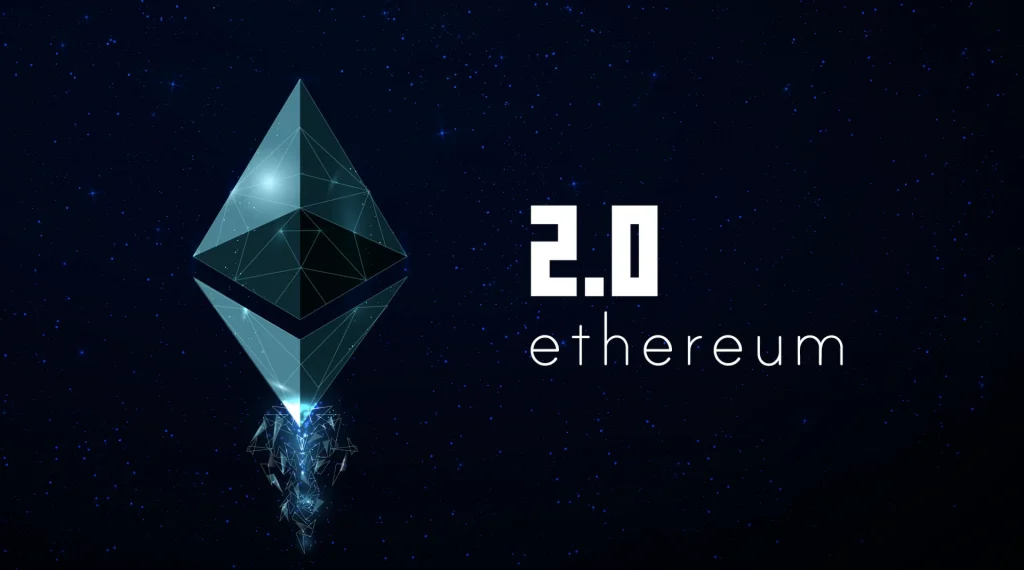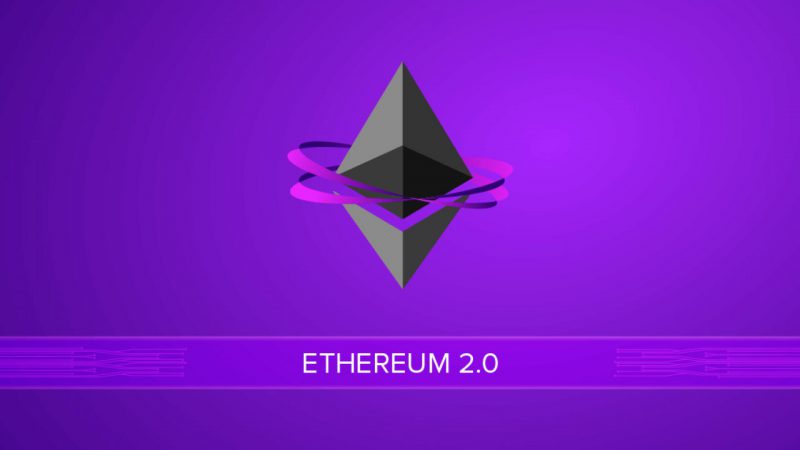Beacon Chain, the deposit contract for Ethereum staking, reached over 12 million ETH balance on Friday.
As per the calculations, the total value of the locked Ether vested in the Eth2 contract is estimated to be about $34.5 billion. The deposit contract called the Beacon Chain was launched in November 2020. It currently holds more than 10% of the total circulating supply of Ether.

Ethereum’s PoW to PoS transition
The transition of Ethereum from Proof of Work consensus to Proof of Stake begins from the first step with Beacon Chain.
To become a validator in Eth2, a trader must invest a minimum of 32 ETH. Even through the delays in the last year, the Beacon Chain contract features the trust and rise in demand for Eth2. The Beacon Chain is currently valued at $34.5 billion.
The unconfirmed merge date was moved from the fixed date of June 2022 again without any confirmation of other dates. ETH devs had begun the community testing of Proof of Stake in December.

Since its creation, Ethereum’s most significant upgrade has encountered various hurdles and delays. Despite this, the deposit contract has expanded dramatically in the previous two months, with over 2 million ETH deposited.
Even though Ethereum’s transition to PoS has been a much-awaited upgrade, the Ethereum community is having mixed feelings about the outcome of the transition. An energy-centric community highlighted that the upgrade would cut the network and energy consumption by 90%.
But ex CEO of Twitter, Jack Dorsey, believes that the upgrade will make the network more centralized and least secure than PoW.


The Beacon Chain’s integration into the Ethereum mainnet would complete the Eth2 transition. The planned merger is projected to bring the Ethereum network up to speed with centralized payment processors, using sharding to increase payment processing performance by many orders of magnitude.
The increased scalability is also said to increase usage and hike the demand.





